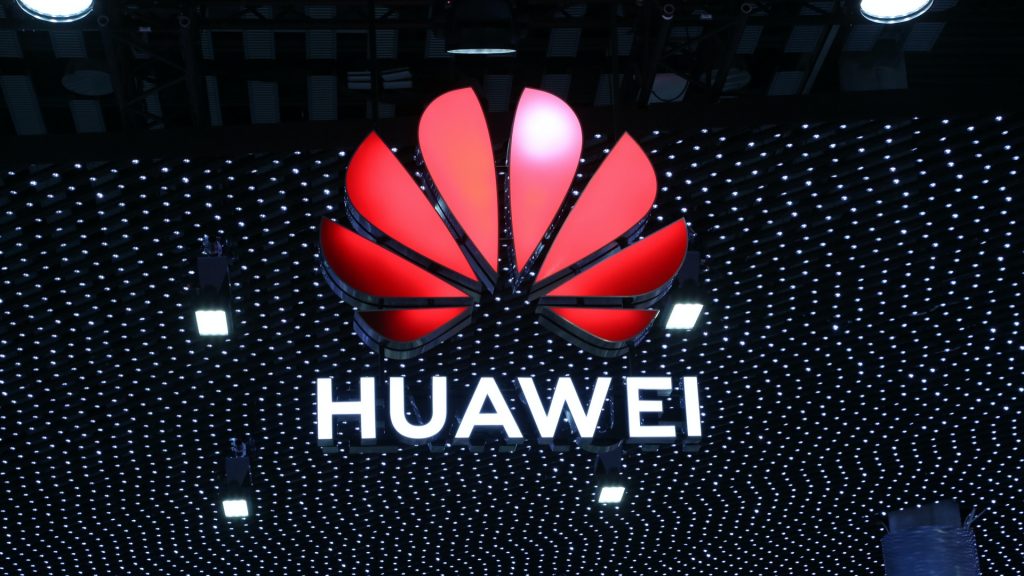- According to reports in China, Huawei has found a partner to help it develop high-bandwidth memory chips.
- Wuhan Xinxin will reportedly help the company in efforts to focus on AI-related projects.
- Huawei could be looking at more ways around the US sanctions, which has hampered its ability to roll out new technology.
Huawei is reportedly looking at ways to more effectively deal with sanctions and restrictions that have been imposed by the United States in recent months. In particular, the company may have found a new partner to assist in the development of high-bandwidth memory (HBM) chips.
This according to the South China Morning Post, which recently detailed a partnership between Huawei and the Wuhan Xinxin Semiconductor Manufacturing Co. The latter is reportedly assisting Huawei, as high-bandwidth memory chips have proved integral to the development of AI-related projects.
It is no surprise that AI is big business, with the likes of NVIDIA recently becoming the world’s most valuable company on the back of demand for chipsets capable of handling AI-related tasks.
While it is unclear whether Huawei has similar ambitions, at the very least, the ability to develop and manufacture HBM chips in-house would certainly help in addressing any restrictions or limitations which have been imposed on the company as a result of intensified US sanctions.
The latest of these was announced in May this year, halting the shipment of any hardware from US-based tech companies for Huawei products, targeting the company’s PCs and laptops in particular, which up until now have featured silicon from the likes of Intel to support the Windows operating system.
Only last week, Quartz (paywall) reported on how these sanctions were having an impact win Huawei being able to keep up with demand for a specific model of AI chip.
If that is indeed the case, turning to Chinese firms in order to address the pressure from sanctions seems the only logical move, especially as the United States government shows no signs of allowing any company with alleged ties to the Chinese government to flourish.
Along with Wuhan Xinxin, Huawei is said to be working with Jiangsu Changjiang Electronics Tech and Tongfu Microelectronics on the development of high-bandwidth chips, and in particular the creation of a Chip on Wafer on Substrate that would allow for different types of CPUs, GPUs, and HBM chips to exist on a single chipset.
At the time of writing none of the parties, including Huawei, have provided official comment on the matter, but as we saw with the launch of the Mate 60 series in China late last year and its support of 5G in that region, the company is not content with simply sitting on its laurels as sanctions continue to hamper its business.

